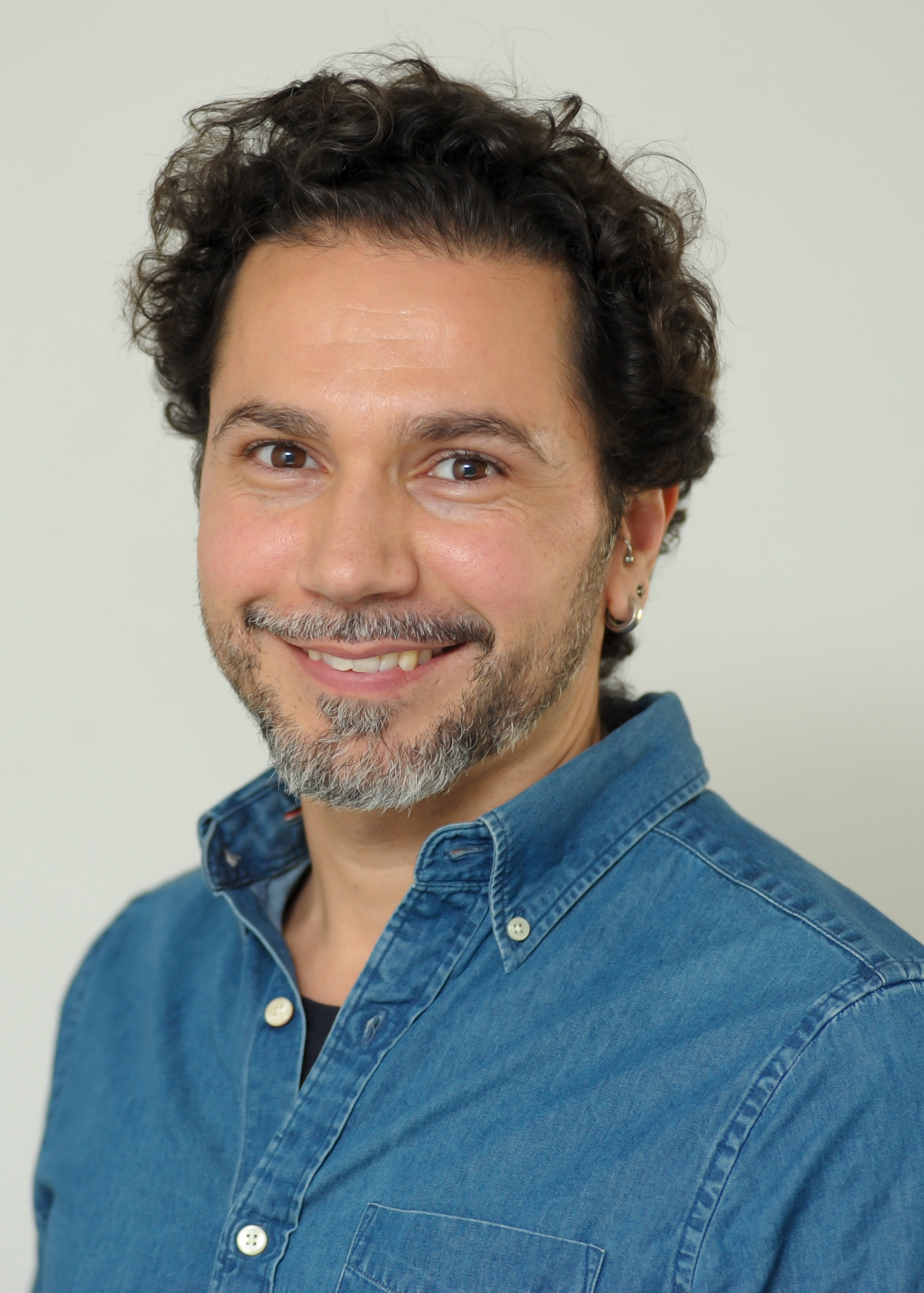Dr Christopher Rodrigues

Associate Professor (Reader) and Director of People
email: christopher.rodrigues@warwick.ac.uk
phone: 024 765 50058
Office: MB11
Twitter: @CRodriguesLab
Rodrigues webpage
Research clusters
Microbiology & Infectious Disease (Cluster Co-Lead)
Quantitative, Systems & Engineering Biology
Vacancies and Opportunities
For PhD and postdoctoral opportunities, and interest in potential collaborations, please contact me at the above email address.
Research Interests
Research in the Rodrigues lab is focused on understanding how bacteria develop into one of the toughest cell types on Earth - Spores. Spores are dormant, highly-resistant cells that allow bacteria to survive starvation stress and persist in the environment. Spores are inert to antibiotics and resist common sterilisation methods that kill actively growing bacteria. In the right conditions, spores germinate and generate new populations of bacteria. Some spore-forming bacteria cause recurrent disease in humans, animals and insects, and contaminate food sources.
The Rodrigues lab is interested in the molecular processes that underlie the process of how bacteria develop into spores, with the goal of providing knowledge that can fuel the development of new strategies aimed at interfering with this process and propel new technologies that utilize spores.
In response to starvation stress, Bacillus subtilis and its relatives develop into a dormant cell type called a spore. The first morphological event in spore formation is the formation of an asymmetric septum that generates two cells: a large mother cell and smaller forespore (that becomes the spore). Next, the mother cell membrane migrates around the forespore in a phagocytic-like process called engulfment. As a result of engulfment, the forespore becomes internalized inside the mother cell where it matures into the spore and becomes dormant. Once the spore is mature, the mother cell lyses and releases the spore into the environment. We study how the mother and forespore communicate with each other during spore formation. We are also investigating the molecular mechanisms underlying how the spore envelope develops during the process of engulfment and afterwards, and how spore envelope assembly is coordinated with other important processes during spore development. Finally, we are also interested in the physiological changes the developing spore goes through as it prepares for dormancy.
Currently, our research examines these processes in the model bacterium Bacillus subtilis and have now launched a new project exploring the sporulation biology of other spore-forming bacteria.
For more details, and a full list of publications, please visit our website:
www.rodrigueslab.com
- 2021-present - Associate Professor (Reader) - University of Warwick
- 2017-2021 - Chancellor’s Fellow and Senior Lecturer - University of Technology Sydney
- 2011-2017 - Postdoc - Harvard Medical School
- 2007-2011 - PhD - University of Technology Sydney
- 2002-2006 - BSc with Honours - University of Minho / University of Amsterdam
